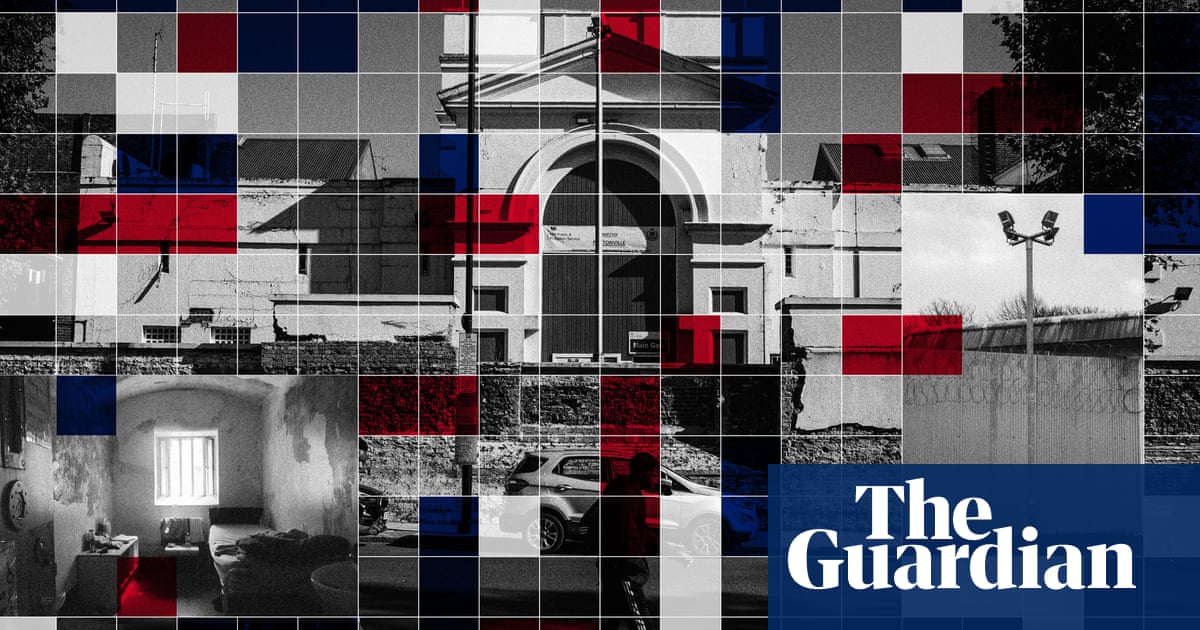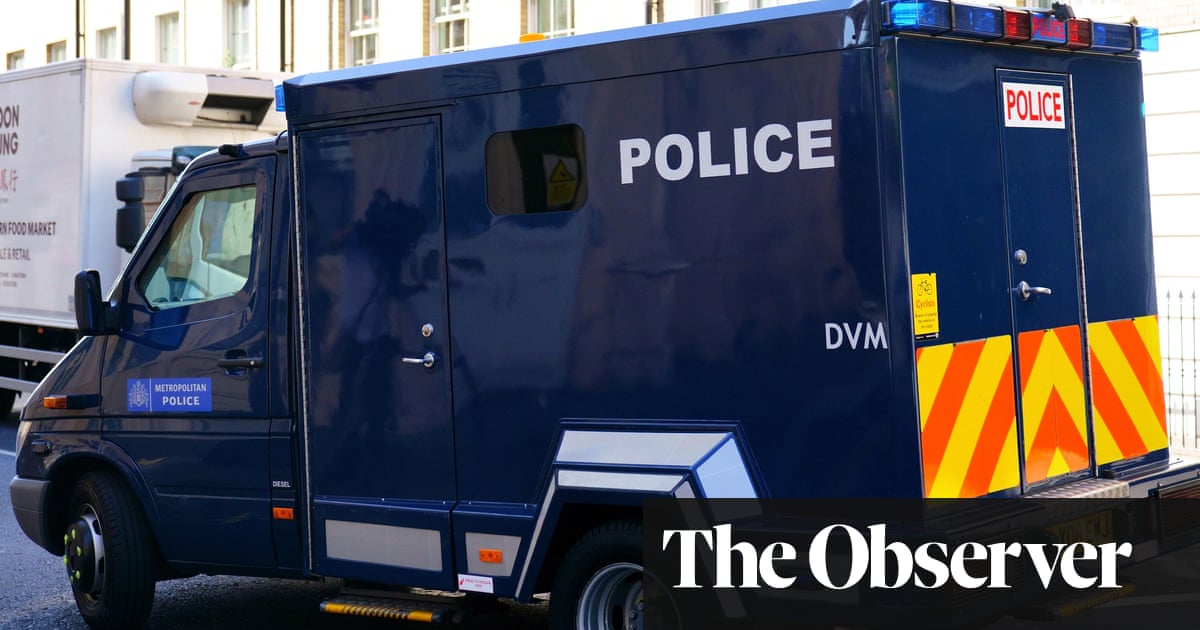
Just one in seven rape survivors believe they will receive justice by reporting a rape, according to a survey by the victims’ commissioner.
The survey by Vera Baird gives a rare insight into the impact of rape in England and Wales and how it is prosecuted. It also found that about a third of the respondents had not reported what had happened to them to police, with 95% of those saying they had not done so because they did not think they would be believed.
Survivors described feeling “angry, hurt and betrayed” by the criminal justice system.
“We already knew the number of rape complaints resulting in a charge was at a record low,” said Baird. “We were aware the proportion of rape complainants withdrawing their support for a prosecution was at an all-time high. This survey and the voices behind it reveal the extent of the crisis within our justice system.”
The government is carrying out an end-to-end review of the treatment of rape in the criminal justice system after a record collapse in charging and prosecutions, but Baird said she had conducted the survey because of the “surprising” decision not to include rape survivors’ voices.
One woman decided not to report because when her friend had gone to police after being raped while drunk she had been “treated like it was her fault” and had been asked what she was wearing. Another said: “My whole life and identity would have been ripped apart and scrutinised and there would have been a 0% chance of him getting prosecuted.”
The survey found many complainants felt like they were being investigated, not the perpetrator. Only 33% said police had clearly explained why a request to access mobile phone and other personal data was necessary, while 22% had been assured that data would only be accessed if relevant and necessary. In July the CPS and police were forced to scrap controversial “digital strip searches” after a legal threat from two survivors of sexual abuse and campaigning from privacy and human rights groups.
One survivor wrote that she felt “anxious, confused and infuriated” by the investigation. She added: “I was under far deeper investigation than the rapist [...] They had refused to take physical evidence – my clothing from the night of the attack – but wanted to investigate my private life.”
Asked if they had been treated with sensitivity, respect and fairness by police at the reporting stage, 48% said yes, 41% said no. But while 57% said they had been kept informed about police actions, 70% said they had to chase for information, while 82% said there were long periods when they heard nothing. A total of 491 rape survivors (including 37 men) completed the survey, which the victims’ commissioner office said was not “representative of all rape victims”.
In many cases survivors described feeling revictimised by the process – while the police decisions to take no further action, or a CPS decision not to prosecute was a “devastating” experience for many.
One woman wrote that her independent sexual violence adviser was a huge support but after three months her hair had fallen out, her mouth was full of ulcers and her periods stopped. “The investigation broke me and it wasn’t worth the pain I had to endure simply to get him spoken to,” she said. Another said: “I felt totally destroyed and I wish I hadn’t reported it. I won’t report it again if it happens.”
In total 12% of the respondents saw their case go to trial despite the fact that in England and Wales overall only about 1.5% of rape reports proceed to trial. Some respondents recorded positive court experiences, but despite the fact that cross-examination on previous sexual history was restricted by law, nearly two-thirds of respondents (24 out of 39) said they were questioned about it, while the majority found being cross-examined distressing.
One woman who reported a rape in 2015 said she felt unsupported by the prosecution barrister who she met 10 minutes before the start of the trial. From start to finish her experience of the criminal justice system had been “traumatising”, she said, adding: “I completely understand why people do not report rape to the police.”












